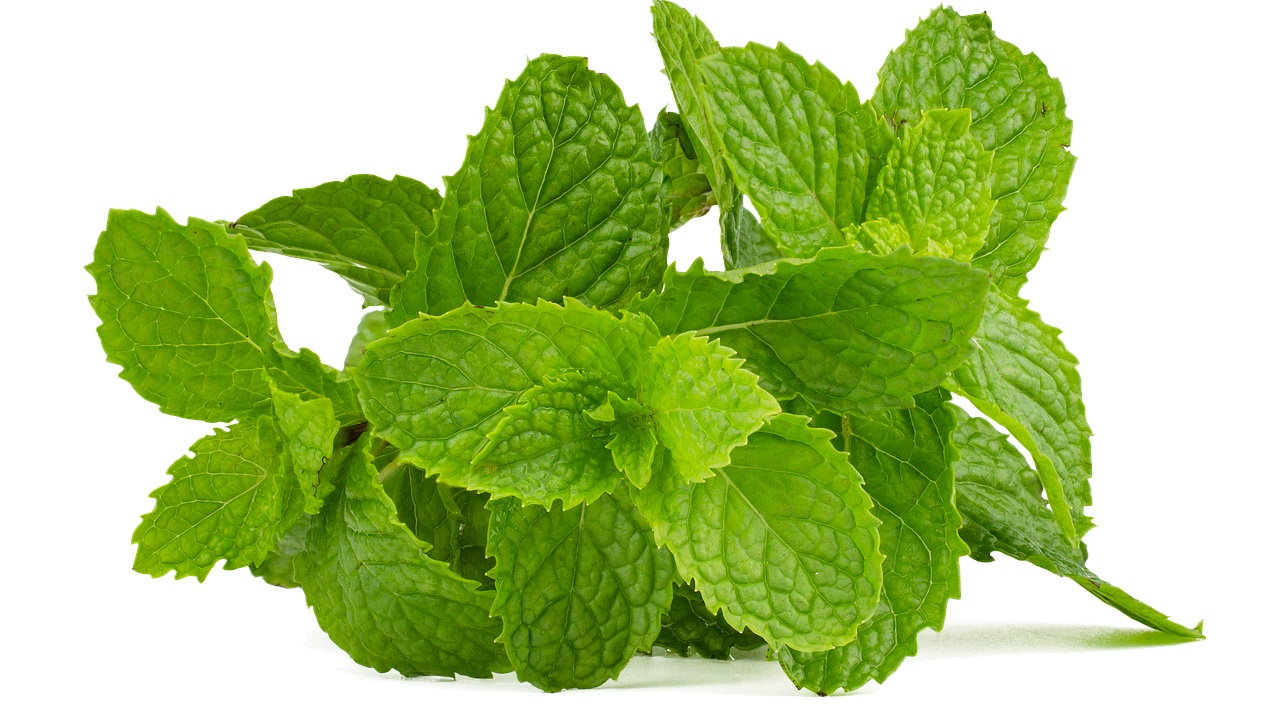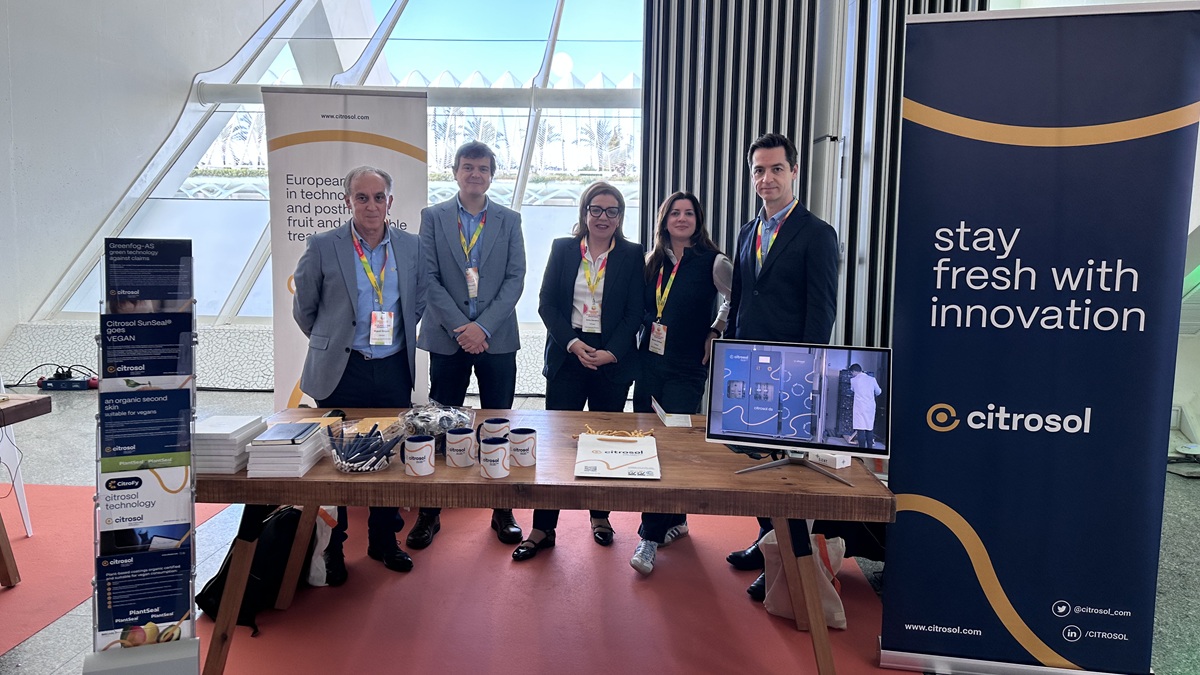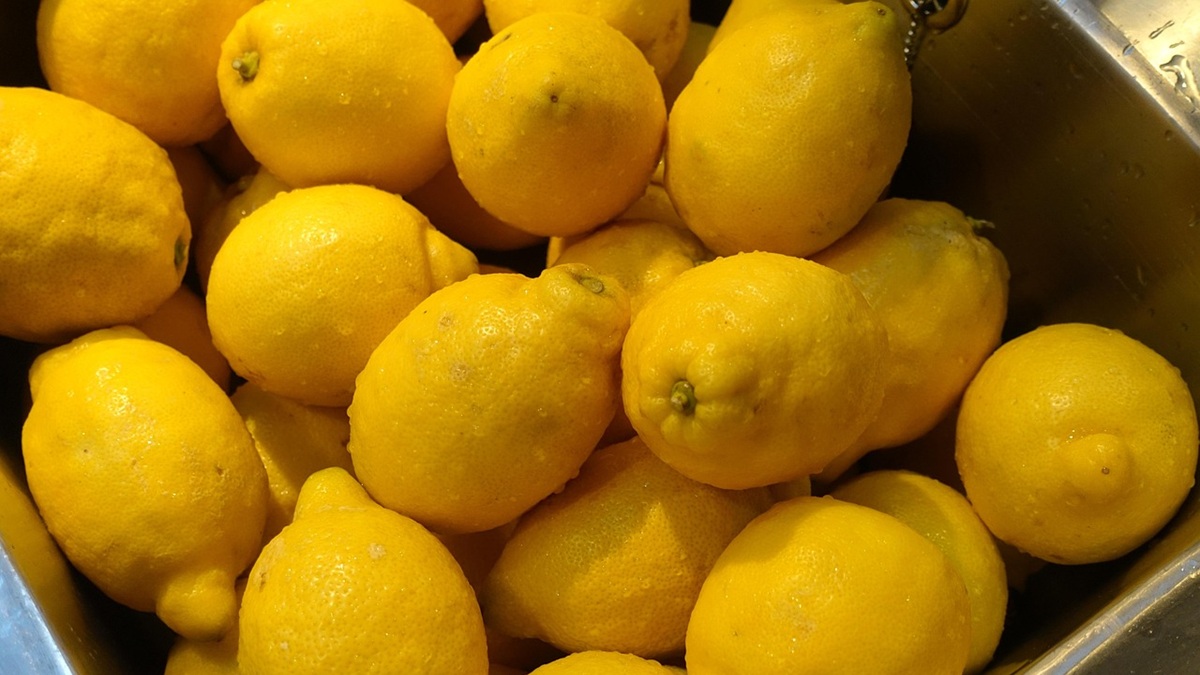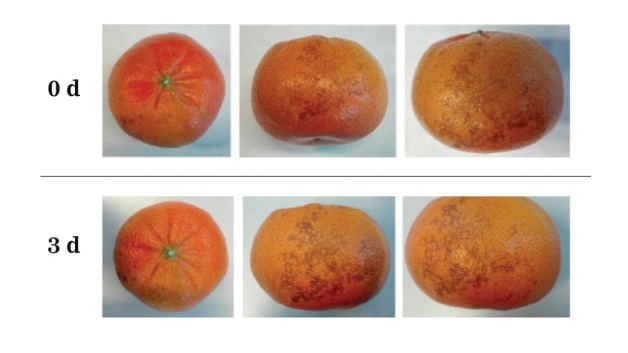

Citrosol
Phytosanitaries
Extending the Shelf Life of Minimally Processed Products through Hygienic Washing with Citrocide® Systems
By Dr. Martín Mottura, Technical Department of CITROSOL

The industry of minimally processed horticultural products is experiencing continuous growth and is characterized by a high degree of innovation. The assortment of products tailored for consumption is extensive and steadily expanding. Moreover, there are fruits and vegetables specifically prepared for immediate use, catering to both the Foodservice and the processed food industries.
Shelf Life of Minimally Processed Horticultural Products
The commercial viability of these products poses a significant challenge for their marketing, prompting substantial investments in addressing this issue. Employing techniques such as processing at low temperatures, cold-water washing, rigorous cold chain management across the supply chain, and the adoption of modified atmosphere packaging are among the strategies utilized to maintain the quality of these highly perishable goods. Any enhancements in these processes that contribute to extending the products' commercial lifespan signify noteworthy advancements within the sector.
Citrocide® Systems
In past editions of CITROPOST, we have provided data demonstrating how CITROSOL-developed systems facilitate the extension of the commercial shelf life of various fresh fruits and vegetables while effectively managing post-harvest decay. An example of this is seen in the Citrocide® PC P and PLUS T systems, designed for the hygienic washing and decay control of peppers and tomatoes, respectively.
Next, we will see two specific examples of how the Citrocide® FRESH-CUT System helps to extend the commercial life of different minimally processed horticultural products, while ensuring hygienic washing of these products, thereby improving their food safety.
Peeled garlic cloves
In Spain, garlic is predominantly consumed in the form of whole garlic heads. Conversely, in countries such as the United States, more than 90% of fresh garlic is consumed as peeled cloves. Spain serves as a notable producer of peeled garlic cloves, catering to both export markets and the Foodservice industry.
One of the primary challenges impacting the commercial viability of peeled garlic cloves is the occurrence of mold during storage and transportation. However, washing these cloves with the Citrocide® System notably reduces mold occurrence (as shown in Figure 1) and extends their commercial shelf life. While washing with chlorine typically yields a 30-day shelf life, implementing the Citrocide® System extends this to 50 days.
Figure 1. Percentage of garlic cloves with mold after 24 days at room temperature, for garlic cloves washed with Cl (100 ppm free Cl) or with the CITROCIDE® System.
Fresh mint
Growing, packaging, and commercialization of aromatic herbs represent a significant industry with promising growth opportunities on a global scale. Among these herbs, fresh mint stands out for its wide-ranging culinary and medicinal applications. However, due to its highly perishable nature, strict temperature control (-4°C to 0°C) is essential throughout the commercialization process. In fact, air transport is often required due to its brief commercial lifespan. Industrial trials conducted by a company involved in exporting this product have shown that the commercial shelf life of fresh mint leaves can be extended through the implementation of the Citrocide® System during the washing process (refer to Figure 2).
Figure 2. Appearance of mint leaves after 5 days of commercial shelf life testing at room temperature, for product washed with the CITROCIDE® System (1a) or with chlorine dioxide (1b)











